Lexus explains… is a series designed to explain features, technologies and user questions related to modern vehicles. Each article provides clear, jargon-free answers, helpful tips and resources, as well as Lexus products or services that can help along the way. This article aims to demystify some of the questions surrounding electric vehicle costs.
Information contained within this article was updated in January 2024 and correct at the time of publication
What electric vehicles does Lexus sell in the UK?
At the time of writing (early 2024), Lexus UK offers two fully electric vehicles: the Lexus RZ 450e and the Lexus UX 300e.
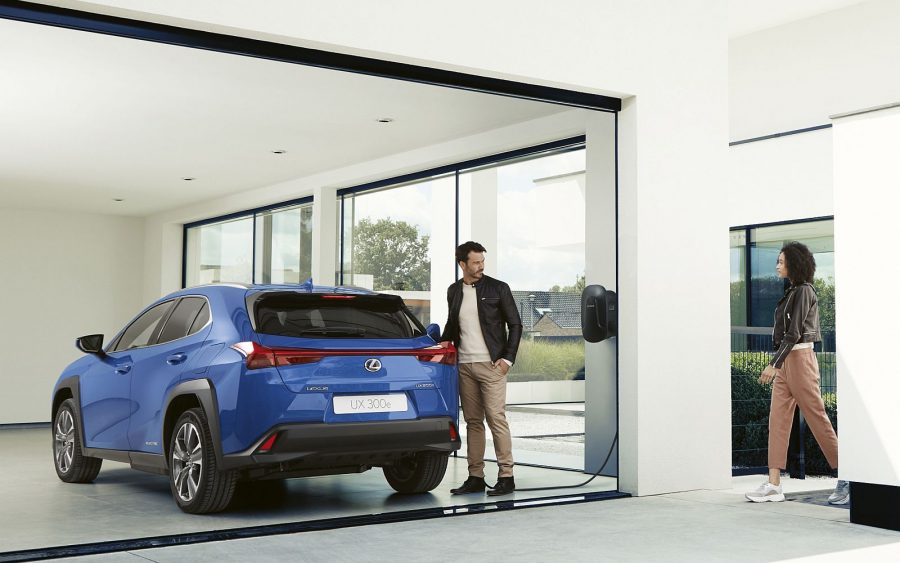
Electric vehicle costs: context
The rising cost of living is forcing many people to re-evaluate their spending habits and lifestyle choices in order to mitigate the negative effect that inflation is having on disposable income.
Personal mobility is one of the areas that always comes under scrutiny. This is partly prompted by the cost of fuel, but drivers are also considering emission-related factors that will have an increasing bearing on the use, viability and costs associated with our choice of transport.
Interestingly, although energy prices have been similarly affected by the rising cost of living, electric vehicles (EVs) are still generally perceived as being more affordable to run than vehicles with internal combustion engines. But is that really the case when all costs are accounted for? Do EVs represent the most viable, cost-effective personal mobility solution right now, or will their cost advantage occur sometime in the future?
See what you think as we address the following frequently asked questions. And if you’re ready to try an electric vehicle, you can book a test drive in a Lexus RZ 450e at your nearest centre by following this link:
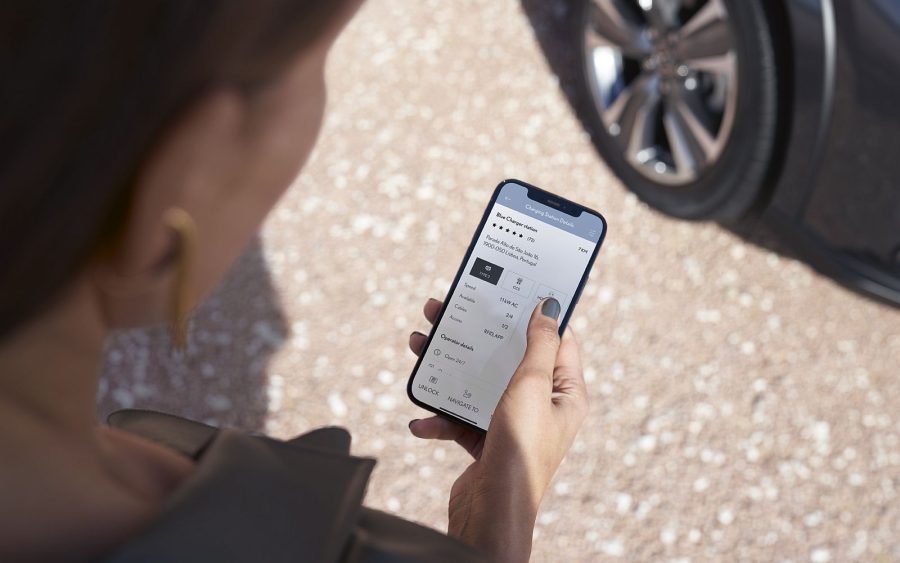
Question: How does the cost of buying and running an EV compare with that of a petrol or diesel vehicle?
⦁ Upfront cost. It is true that in most cases the cost of purchasing an EV is currently higher than that of an equivalent vehicle with an internal combustion engine. However, the difference is narrowing and it is expected to close completely as electric vehicle technology continues to mature and the sales of new EVs exceed those of traditionally fuelled vehicles. Additionally, finance offers could be a way to make EV ownership right for you – click the link below to discover more.
⦁ Recharging/refuelling costs. Once you have made your purchase, the cost of charging an EV’s battery pack should be cheaper than refuelling the tank of an equivalent internal combustion engine vehicle. This can be maximised by choosing charge points with the cheapest pence per kWh tariff – read more about this later in the article.
⦁ Electric vehicle servicing costs. While every vehicle requires regular scheduled maintenance and an annual MoT test (after three years) to ensure its safety, EVs typically require less ongoing maintenance as they have fewer moving parts. Regenerative energy recuperation also reduces the load on expensive brake components and generates additional electricity for the battery. Further running costs can also be offset through tax benefits – more about that below.

Question: How much does charging an EV cost?
⦁ Charging at home. Charging an EV at home is convenient and relatively cheap, however an accounting of the total cost of this facility should include the installation of a home charging point – covered in the Electric Vehicle Charging article. To work out the maximum cost of a single recharge from zero to 100%, simply multiply the size of your vehicle’s battery (quoted in kWh) by the pence per kWh charged by your electricity supplier. Specific domestic energy tariffs are available for EV owners to reduce the cost of overnight charging, but even if you were to use a typical domestic supply of 29 pence per kWh, the 54.3kW battery pack of the Lexus UX 300e should cost a maximum of £15.75 to recharge from empty.
⦁ Charging at work. The UK government has a voucher-based Workplace Charging Scheme in place to subsidise the cost of installing EV charge points at workplaces with dedicated off-street parking. While there is no requirement for companies to make use of this scheme or offer free charging for employees, the number doing so is increasing.
⦁ Charging in public. As explained in the Electric Vehicle Charging article, there are almost 54,000 public charging points in the UK. Charging points near your location can be identified using either Zap-Map or the Lexus Public Charging Network function integrated into the Lexus Link+ app. The latter additionally provides guidance on each point’s availability, charging speed and price per kWh. Some public charge points, such as those in supermarkets, offer free charging while shopping in-store.

Question: What financial incentives come with EV ownership?
⦁ EVs may benefit from local incentives, such as access to lower emission zones, free parking or even free charging
⦁ EVs currently receive a 100% discount on the London Congestion Charge
⦁ EVs currently fall into the lowest band for road tax (VED), registering first year and standard rates of £0.00
⦁ Business users that choose a zero emission vehicle benefit from a 2.0% Benefit In Kind (BIK) rate for the 2023/2024 and 2024/2025 tax years. From there, the BIK rate will rise incrementally to 5.0% for the 2027/2028 tax year
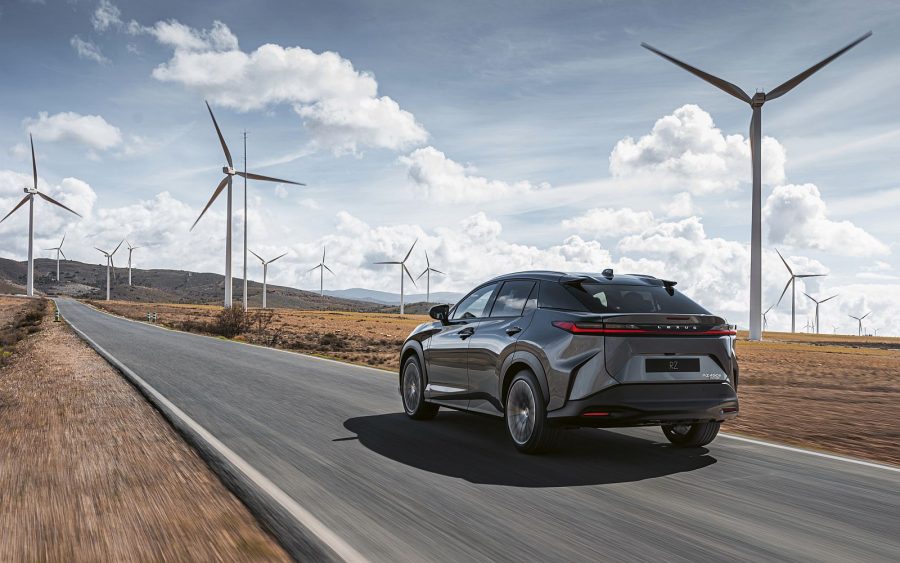
Conclusion
EVs are similar to vehicles with internal combustion engines in that they are subject to purchase and running costs. But as we have explained above, although the initial purchase price of an EV is currently higher than that of a traditionally fuelled car, its running costs can be considerably lower, especially if owners are able to recharge the drive battery via either free or low-cost tariffs.
As electric vehicle sales continue to increase, economies of scale should make EVs more affordable to buy. The switch to zero emission mobility is guaranteed in legislation, so it’s simply up to each of us to decide when to get on-board and start driving home savings – nudged in the right direction by nationwide and local incentive schemes.
Information contained within this article was updated in January 2024 and correct at the time of publication
Read more: Lexus explains – electric vehicle charging
Read more: Lexus explains – electric vehicle range
Read more: Lexus explains – electric vehicle safety
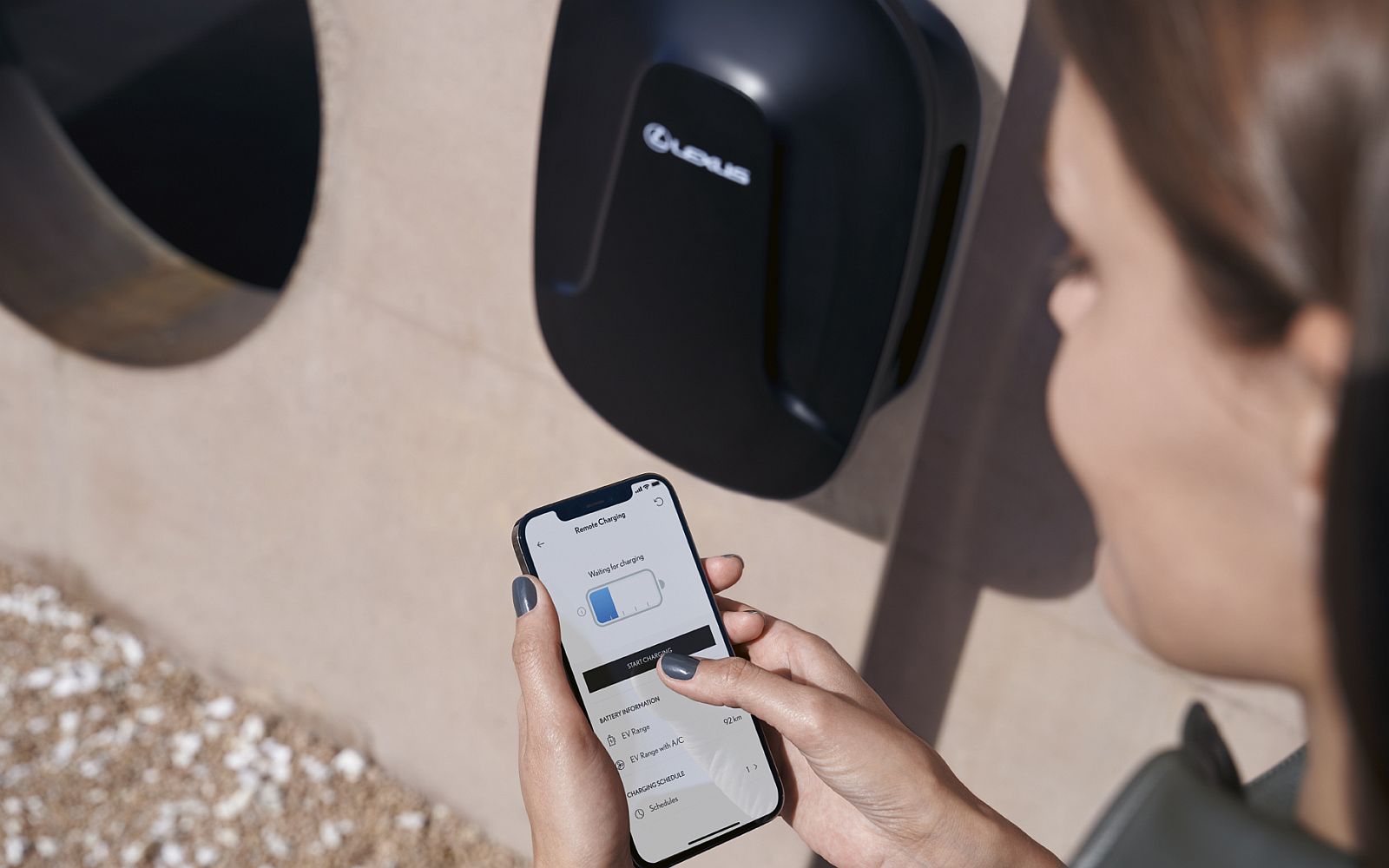
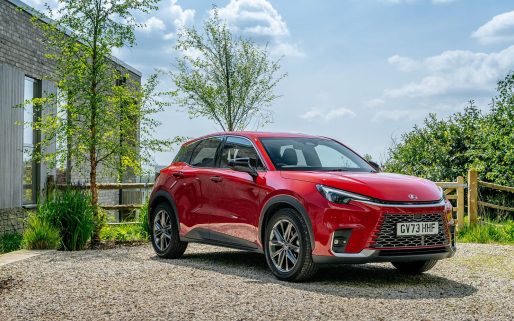
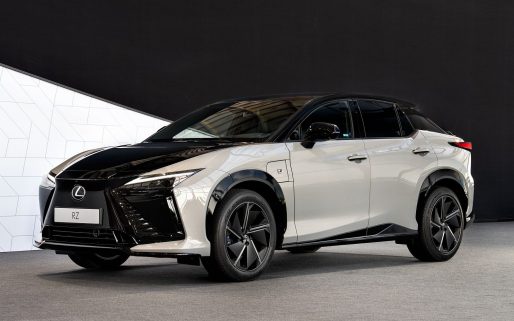


Useful article. What stops me getting a Lexus EV at the moment is speed of charge (more so than cost or range). This is because like many, I live in a city house with no designated driveway, and the chances of being able to park directly outside my house are slim, so I won’t be able to charge at home. I’ll make the switch when I can pull into a service station and recharge in 10-15 minutes or so (i.e. not that much longer than it takes me to fill up with petrol right now… unfortunately it wouldn’t be practical to have to sit around for e.g. an hour). Any comments on current charging times and how you see them progressing? Thanks.
Hi Paul,
Thanks for your feedback.
The RZ 450e, launching later this year, can charge on a DC rapid charger at 150kW which means it is estimated to reach 80% capacity in approximately 25 minutes, where charger and battery conditions allow.
Of course, we realise that BEVs don’t work for everybody right now, which is why we will continue to offer hybrid and plug-in hybrid options for our customers.
Thanks
My issue with electric cars is time lost charging them up if you are traveling you could lose hours just waiting for a charger to be free and I totally support protecting the environment , but for me at the moment I can’t lose time like that , there is more sand at the bottom of my hour glass than there is at the top
Hi Ken,
We don’t expect electric cars to work for everybody, which is why we still offer hybrid and plug-in hybrid vehicles for our customers.
We wish you many more happy years.
Thanks
Ide love an electric lexus but not till the range is a minimum 500 to 600 miles which seems yrs away at the moment. ime simply not prepared to go on holiday and have to hunt round trying to recharge it before i even reach my destination and hope i can find a charging pt in say rural cornwall or Norfolk and then hope that the charging pt works, i can get a phone signal to pay for charge and charger is compatible with my car etc etc. I dont understand why lexus dont really concentrate on this because a soon as a 500 range car is available it will be a market leader. until then I will stick with my lexus hybrid.
Hi Graham,
Thanks for your feedback on this.
It is not technically difficult to increase range. You just add more batteries. Of course, this impacts other aspects of the vehicle like size, packaging, cost and ultimately overall efficiency. Given most people tend to do short journeys on a day to day basis, it means wasting all those batteries that could be in another car, or in a hybrid.
We totally appreciate that electric cars won’t work for everybody, so we’ll continue to offer hybrid and plug-in hybrid options for our customers.
Thanks
Having scoured YouTube for long term experience of EVs one or two drivers mentioned the fact their tyres wore out quicker because of the weight of batteries. Something I’ve not heard mentioned in comparison between evs and petrol.
Also go on a motorway service station and they have 16/20 petrol pumps that are used for 3/4 minutes. How many charging points will be needed if car drivers are there for a minimum of 15 minutes?
What’s the cost of replacing the battery pack compared to an equivalent petrol engine and will it have the same life span?
I drive to eastern Europe and asked my sister in law how many charging points they had in her town. Answer = Zero.
So I’ll stick to my hybrid thank you very much.
I watched an interesting Ted Talk regarding the efficiency of Electric vehicles and their effect on the environment. The conclusion was that hybrid petrol engines are the most efficient and actually less polluting over the life of the vehicle
Can you advise the performance details
Hello Howard,
Thanks for your question.
Which vehicle are you referring to?
Thanks.
Hi, interesting article, things have moved on however, fire risk, cost of charging, ferry transport ban looming, I think I will stick to my petrol hybrid, we have two UX’s and are on our 11th Lexus. My UX is sitting at 52mph which is over 400 miles to a tank, today its costing 8.1 pence per mile on petrol, the UXe would be about twice that on electricity cost with home charging and a lot more expensive if charged at a motorway charge point. Recent ship fires have highlighted there is a definite issue with ferry transportation. Also new guidance following fatal fires and lithium batteries mean guidance is changing where lithium batteries should not be charged at night when you are asleep and cars should be charged 6m from property.
I think in my life I will never own an EV, I may consider an eco fuel hybrid such as Hydrogen Hybrid is that was an option in the future though.